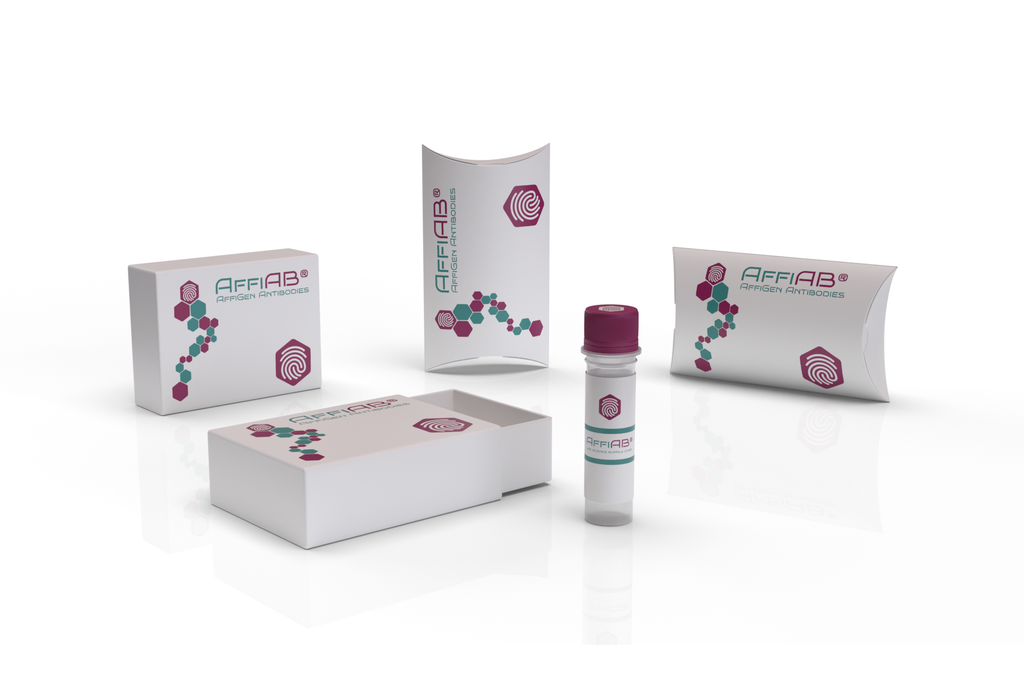AffiAB® Anti-TNFAIP3 Antibody
A20 is a Cys2/Cys2 zinc finger protein that is induced by a variety of inflammatory stimuli and regulates gene expression. Specifically, A20 is induced by tumor necrosis factor (TNF) and interleukin 1 (IL-1) , and acts as a negative regulator of nuclear factor κ B (NFκB) gene expression. By inhibiting NFκB activation, A20 plays a critical role in terminating NFκB responses to various stimuli. Although the C-terminal region of A20 contains seven zinc finger domains, only four of these domains are required for in vitro inhibition of TNF-induced NFκB activation. A20 also interacts with several other proteins, such as TRAF2, TRAF6 and IkB kinase (IKK) γ protein, and can thereby inhibit cell death. TXBP151, a novel A20-binding protein, may mediate the anti-apoptotic activity of A20. Involved in the negative feedback regulation of signal transduction, A20 and A20-binding proteins may be useful as novel therapeutic tools in the treatment of a variety of diseases.
Antibody type
Rabbit polyclonal Antibody
Uniprot ID
SwissProt: P21580 Human; SwissProt: Q60769 Mouse; SwissProt: M0R7V5 Rat
Recombinant
NO
Conjugation
Non-conjugated
Host
Rabbit
Isotype
IgG
Clone
N/A
KO/KD
N/A
Species reactivity
Human, Mouse, Rat
Tested applications
WB, IF-Cell, IHC-P, FC
Predicted species reactivity
N/A
Immunogen
Recombinant protein within Human TNFAIP3 aa 225-410 / 790.
Storage
Store at +4°C after thawing. Aliquot store at -20°C or -80°C. Avoid repeated freeze / thaw cycles.
Form
Liquid
Storage buffer
1*PBS (pH7.4) , 0.2% BSA, 50% Glycerol. Preservative: 0.05% Sodium Azide.
Concentration
1 mg/mL.
Purity
Protein A affinity purified.
Signal pathway
Immunology & Inflammation, NF-KB signaling pathway
Recommended dilutions
WB: 1:500; IF-Cell: 1:100-1:500; IHC-P: 1:50-1:200; FC: 1:50-1:100
Molecular Weight
90 kDa
Subcellular location
Cytoplasm. Nucleus.
Positive control
Jurkat, Daudi, A431, LOVO, rat lung tissue, human liver cancer tissue, human kidney tissue, mouse testis tissue, HepG2.
